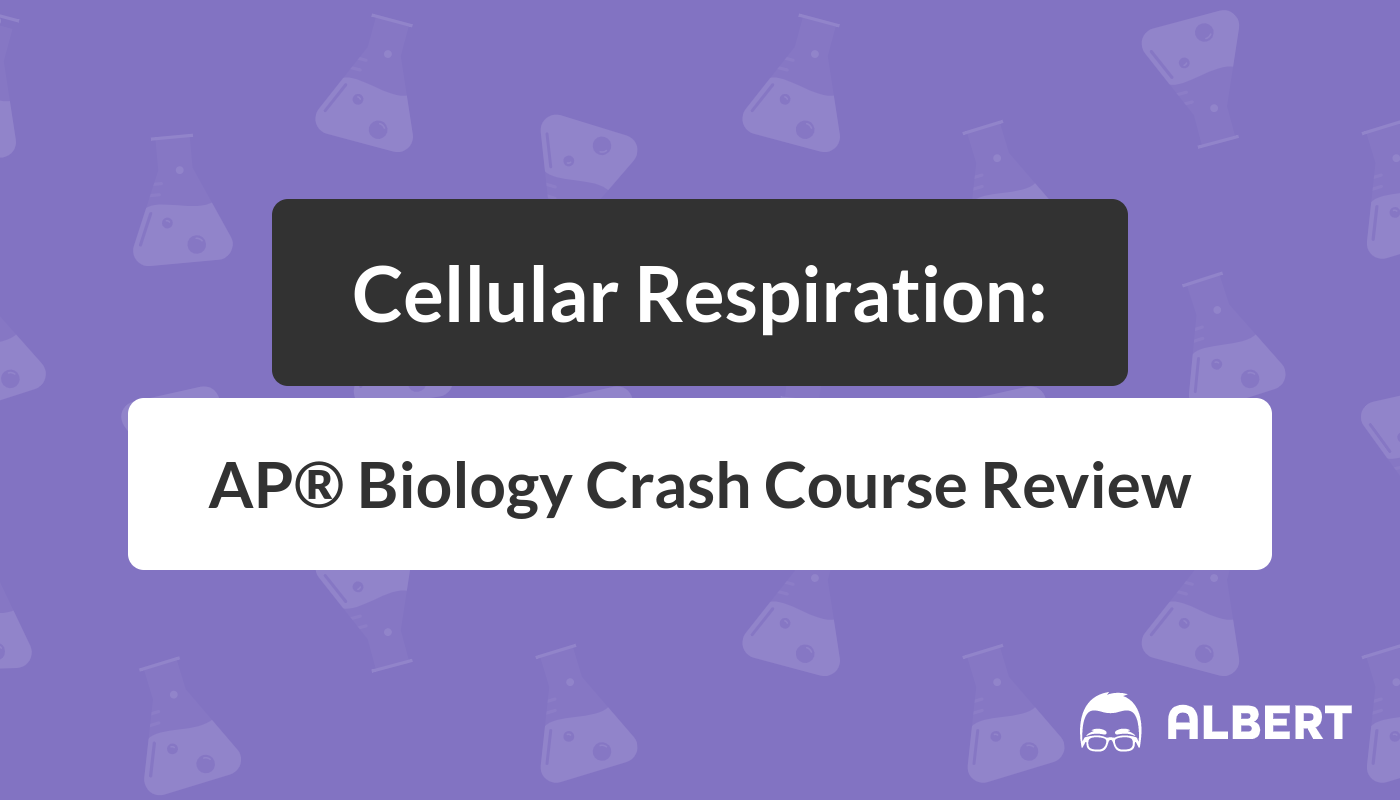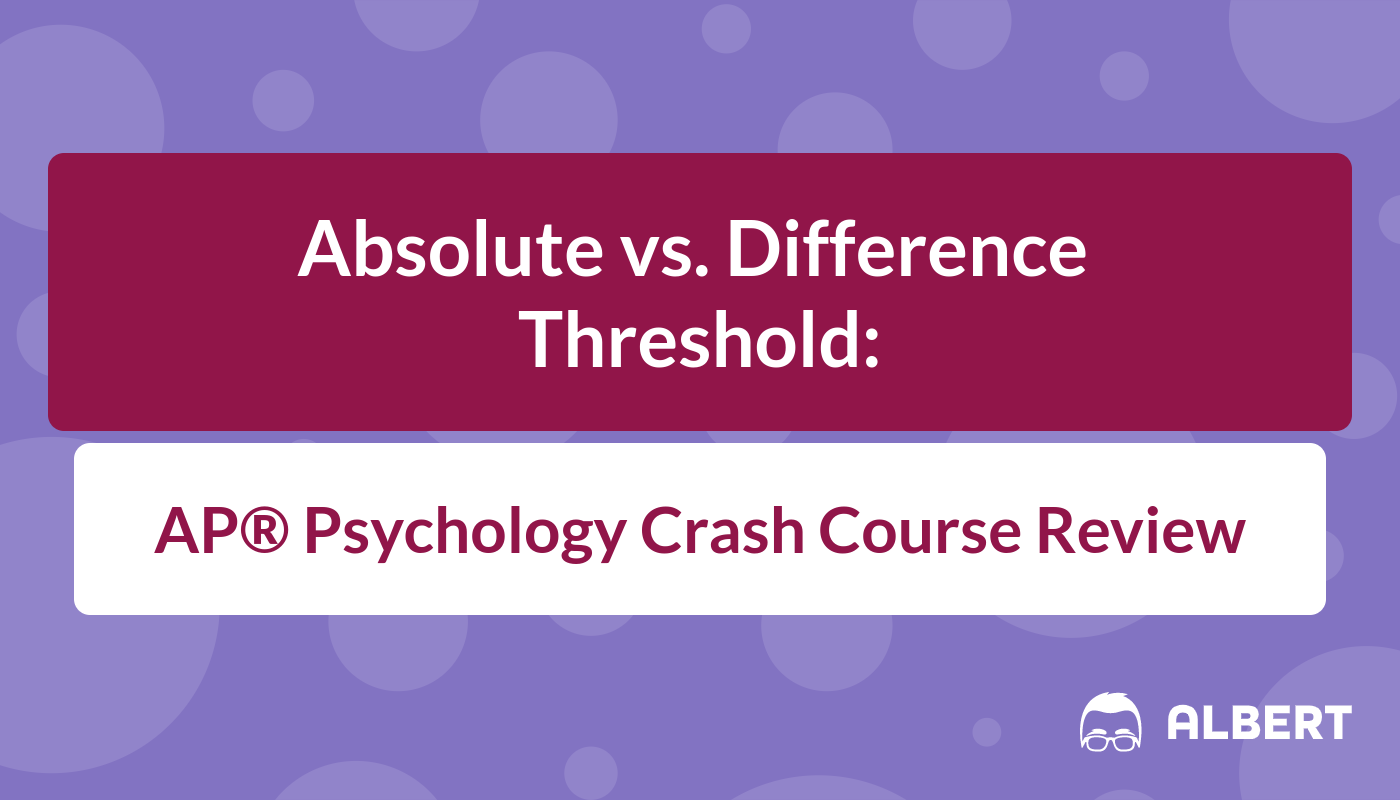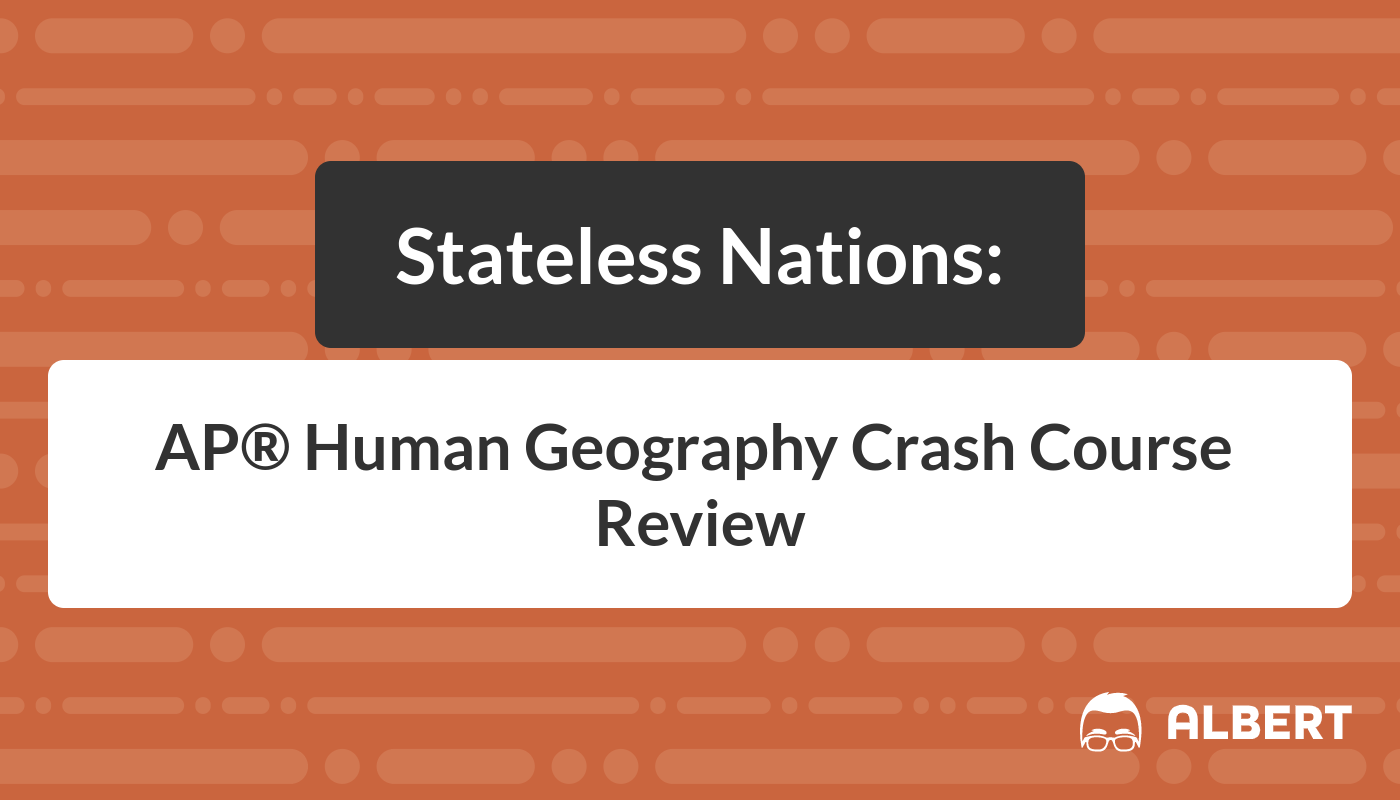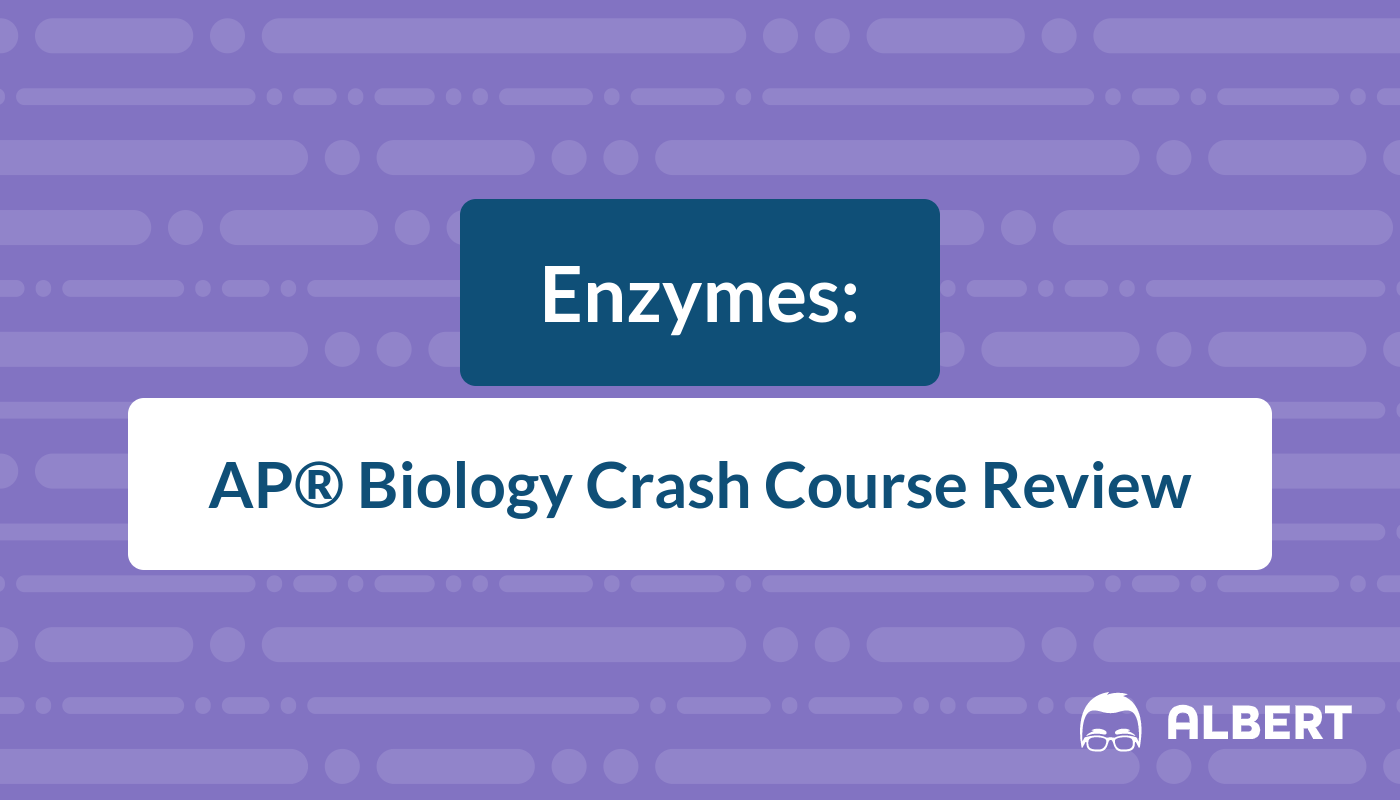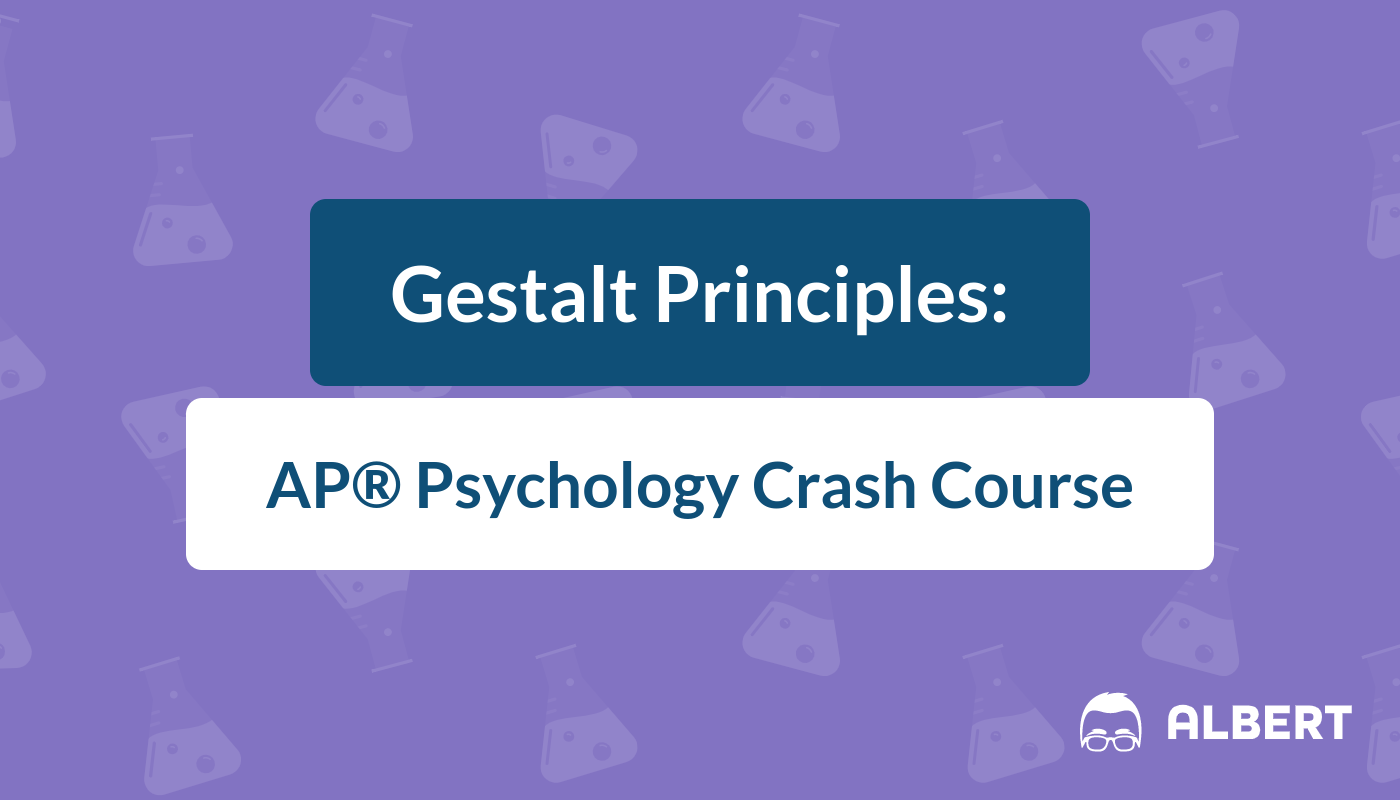Cellular Respiration: AP® Biology Crash Course Review
The AP® Biology Exam tests the principles of cellular respiration every year. Cellular respiration is an important topic to study, and it tends to be one of the more challenging topics for students. In this AP® Biology Crash Course Review, we will review the parts of cellular respiration that you may see on your AP® Bio exam.

